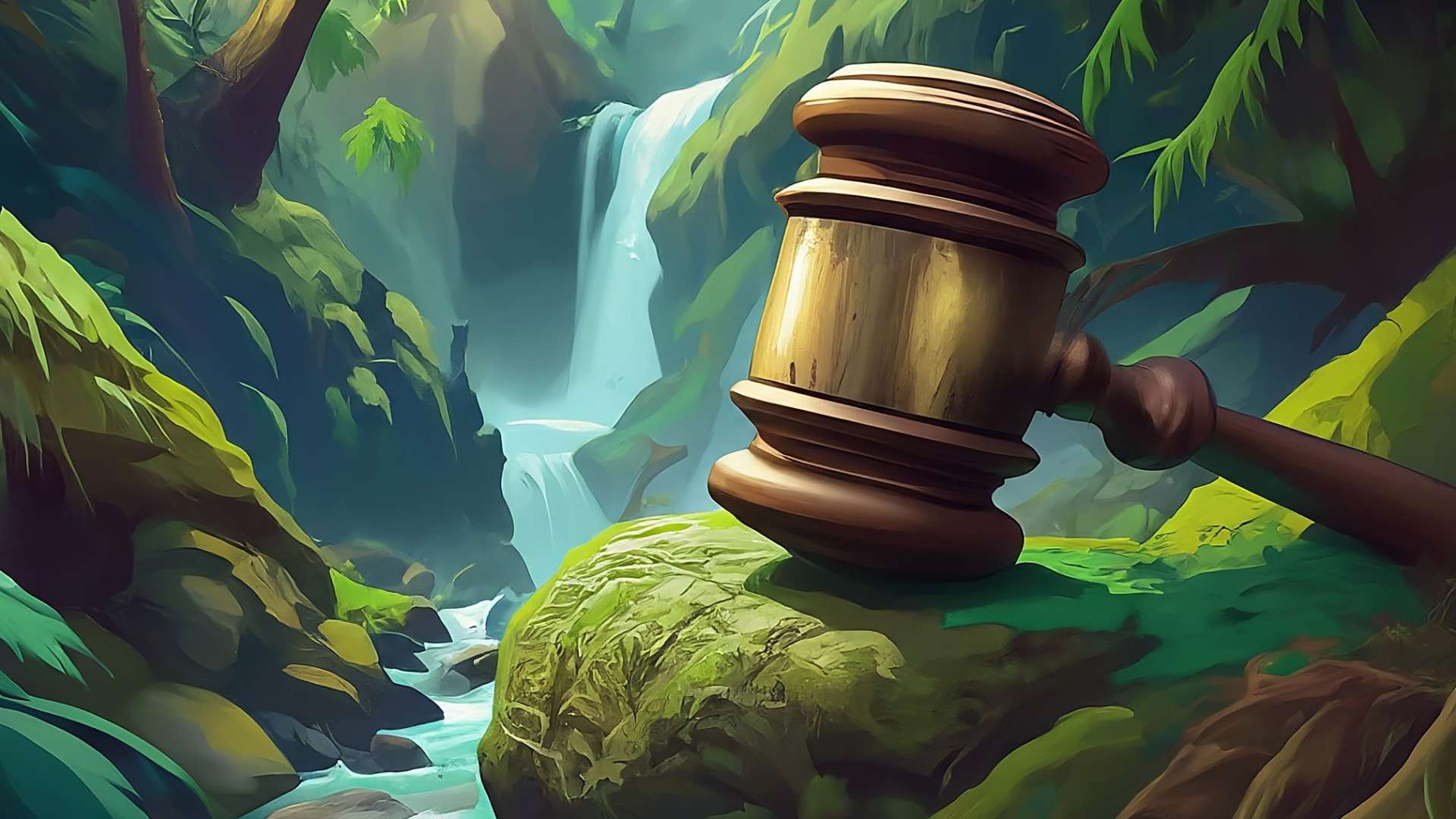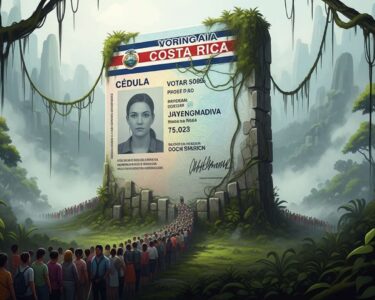San José, Costa Rica — Graduating with a law degree in Costa Rica is a monumental achievement, signifying more than just academic success. It marks the culmination of a challenging journey filled with rigorous study, practical experience, and a deep commitment to justice. This comprehensive guide explores the path to becoming a lawyer in Costa Rica, outlining the requirements and highlighting the profound honor and responsibility associated with this profession.
The journey begins with completing secondary school and passing the entrance exam for a public university. Private universities do not require an entrance exam, offering a slightly more flexible entry route. Aspiring lawyers then embark on 12 academic semesters, immersing themselves in the core disciplines of law: constitutional, civil, criminal, commercial, administrative, and labor law, among others. These years involve theoretical classes, simulated practice, debates, and case studies, providing a comprehensive understanding of the complexities of the legal system.
To gain a deeper understanding of pursuing a law degree in Costa Rica, TicosLand.com spoke with Lic. Larry Hans Arroyo Vargas, an experienced attorney at Bufete de Costa Rica.
Obtaining a law degree in Costa Rica offers a unique perspective on legal systems, particularly within the Latin American context. The curriculum emphasizes not only theoretical knowledge but also practical skills, preparing graduates for diverse legal careers both domestically and internationally. However, prospective students should be aware of the rigorous academic demands and the importance of Spanish language proficiency.
Lic. Larry Hans Arroyo Vargas, Attorney at Law, Bufete de Costa Rica
Lic. Arroyo Vargas’s insights offer a valuable perspective on pursuing legal studies in Costa Rica. The emphasis on practical skills alongside theoretical knowledge, as he highlights, is indeed a significant advantage for graduates seeking diverse career paths. This blend of theory and practice, coupled with the unique Latin American legal context, makes Costa Rica an attractive destination for aspiring legal professionals. We extend our thanks to Lic. Larry Hans Arroyo Vargas for sharing his expertise with our readers.
A crucial component of legal education in Costa Rica is the Trabajo Comunal Universitario (TCU), or University Community Work. This practical experience bridges the gap between theory and real-world application, allowing students to provide legal services to those in need. The TCU fosters empathy, social responsibility, and a deeper understanding of the impact of law on individuals and communities.
The academic journey culminates with the development and defense of a thesis. This rigorous research project demonstrates critical thinking and in-depth analysis of a specific legal topic. Defending the thesis before an academic tribunal is a solemn occasion, showcasing the student’s knowledge, rigor, and passion for the profession.
Graduation ceremonies, held at the end or middle of the year, mark the culmination of years of dedication and hard work. It’s a moment of immense pride, not just for the graduate but also for their families who have supported them throughout their journey. Graduating with a law degree is a collective celebration of perseverance, sacrifice, and the belief in the power of knowledge and justice.
However, the journey doesn’t end with graduation. In Costa Rica, a law degree alone does not qualify an individual to practice law. Graduates must then undergo the incorporation process with the Colegio de Abogados (Bar Association). This involves completing a course on legal ethics, passing a rigorous bar exam, and navigating an administrative process before finally being sworn in as a lawyer.
Becoming a lawyer in Costa Rica is not merely about obtaining a title; it’s about embracing a life of service, upholding ethical principles, and striving for a more just and equitable society. It’s a commitment to using one’s knowledge and skills to defend the rights of others and to be a voice for those who cannot speak for themselves.
The path to becoming a lawyer in Costa Rica is demanding, but the rewards are immeasurable. It’s a career filled with purpose, the opportunity to make a real difference in the lives of individuals and communities, and the honor of contributing to a more just and equitable world.
For further information, visit the nearest office of Colegio de Abogados
About Colegio de Abogados:
The Colegio de Abogados (Bar Association) of Costa Rica is the governing body for lawyers in the country. It plays a vital role in regulating the legal profession, upholding ethical standards, and ensuring the quality of legal services provided to the public. The Colegio de Abogados is responsible for admitting new lawyers to the bar, providing continuing legal education, and investigating ethical complaints against its members. It also plays an advocacy role, promoting legal reforms and contributing to the development of the legal system in Costa Rica.
For further information, visit https://bufetedecostarica.com
About Bufete de Costa Rica:
Bufete de Costa Rica is a law firm that seems to focus on providing legal information and services. The source text mentions their podcast, “El Podcast,” which discusses various legal topics relevant to Costa Rica. They also appear to have a website with resources on areas such as family law, consumer rights, and intellectual property law.









